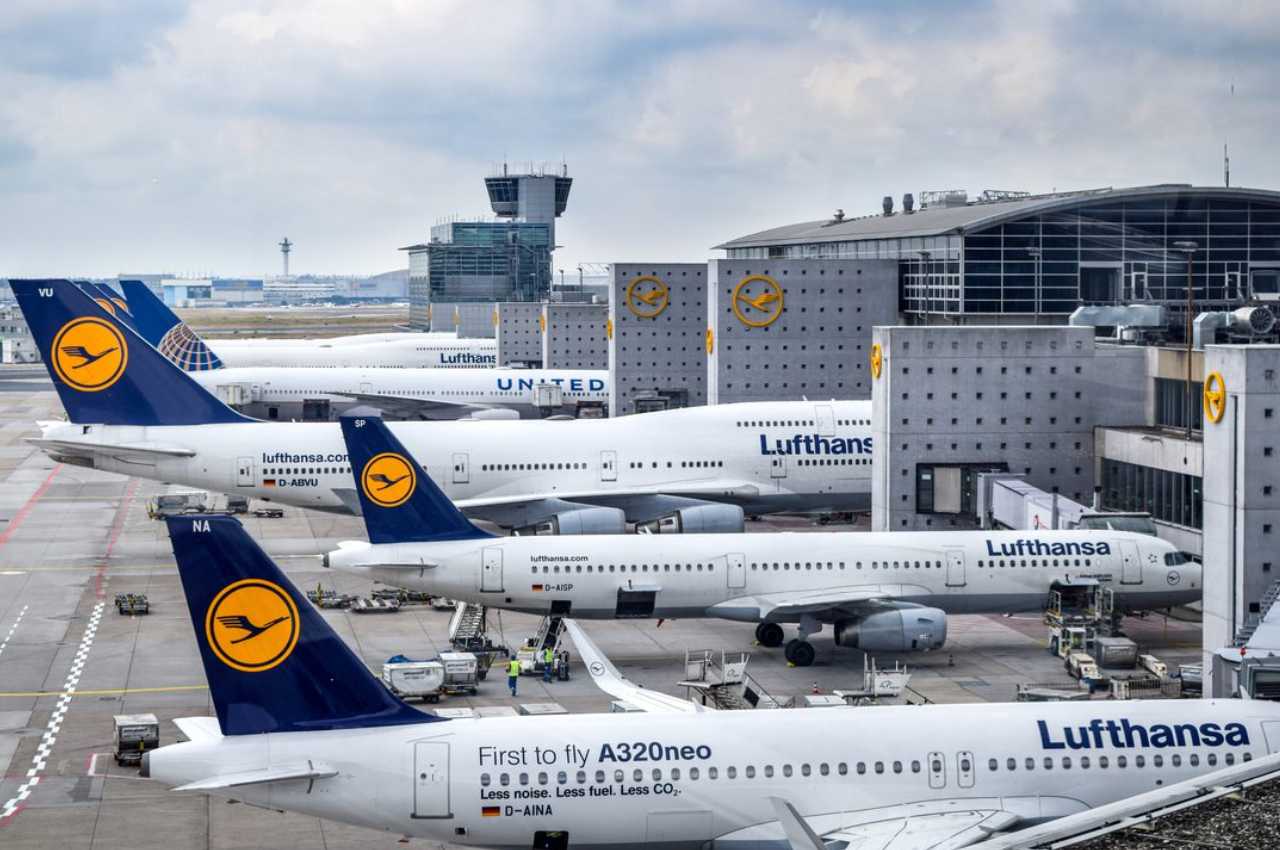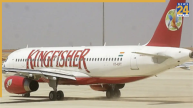New Delhi: As part of the International Civil Aviation Organization’s long-term collective aspirational aim, the global aviation sector will strive to attain net-zero carbon emissions by 2050.
Currently, 193 countries are ICAO members. The UN organisation also had discussions on financial assistance for achieving lower carbon emissions as well as sustainable aviation fuel. States requested that a third ICAO Conference on Aviation and Alternative Fuels be held in 2023 at the ICAO Assembly.
Also Read: Google Pixel 7 to be launched on October 6 in India
At the 41st ICAO Assembly, the Carbon Offsetting and Reduction Scheme for International Aviation (CORSIA) underwent its first periodic assessment. They also agreed on updated percentages for the sectoral and individual growth factors to be used for the calculation of offsetting obligations starting in 2030. The new CORSIA baseline, which is slated to take effect in 2024, is defined as 85% of CO2 emissions in 2019.
The baseline period is the benchmark against which the growth of CO2 emissions from international aviation is measured. The baseline will additionally assist airlines in setting a goal for the CORSIA programme.
Numerous actions will be required to reduce carbon emissions, such as quicker adoption of cutting-edge aircraft technologies, simplified flight operations, and expanded production and use of environmentally friendly aviation fuels (SAF). How airlines and nations put these measures into practice is still to be seen.
Also Read: Committee on Sustainable Finance proposes suggestions to IFSCA
“States’ adoption of this new long-term goal for decarbonized air transport, following the similar commitments from industry groups, will contribute importantly to the green innovation and implementation momentum which must be accelerated over the coming decades to ultimately achieve emissions-free powered flight,” stressed the President of the ICAO Council Salvatore Sciacchitano.
Read More :- Latest Business News













